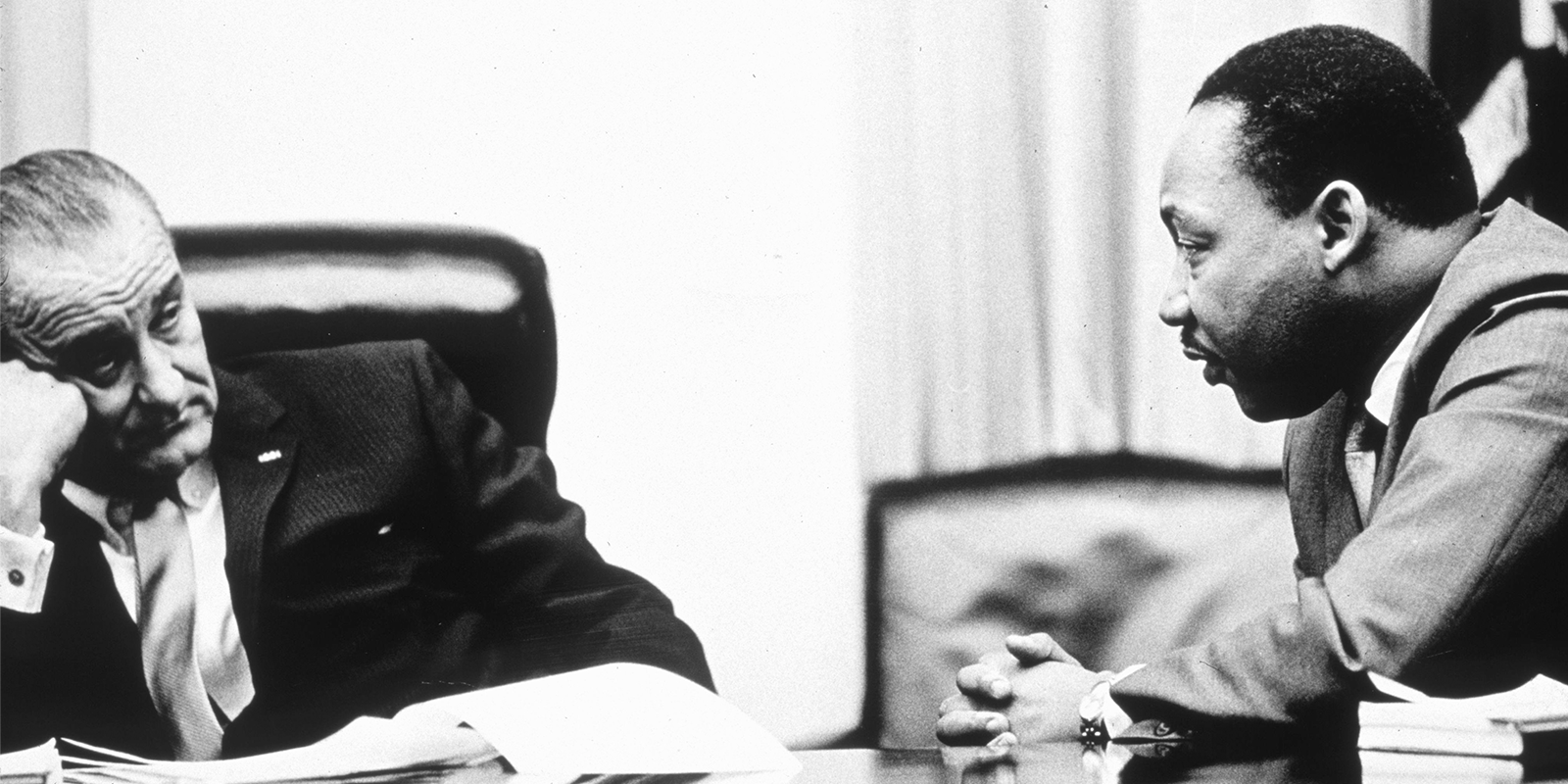Seven years ago today, the U.S. Supreme Court gutted the 1965 Voting Rights Act in a case called Shelby County v. Holder. Though the justices were hardly unanimous – they were divided 5-4 along ideological lines – the damage was done: The ruling opened the door to widespread voter discrimination.
Since then, several states and localities have reverted to restricting the voting rights of minorities. Voter suppression has become a major concern ahead of the November elections, adding to the logistical problems expected in conducting fair elections during the coronavirus pandemic.
Primary elections in Wisconsin, Kentucky, Georgia and other states this year have been plagued by a host of problems – widespread polling-place closures, long lines to cast ballots, large backlogs of absentee ballot requests, and voting-machine breakdowns. Such issues, coupled with voter ID laws passed by 36 states, could lead to massive voter suppression on Nov. 3, especially for people for color.
The 2013 ruling in the Shelby v. Holder case “empowered elected officials to discriminate against people of color and make it harder for Americans to vote,” AFSCME President Lee Saunders said in a statement today.
“Now, as our nation faces a global pandemic, a massive economic fallout and a crisis of racial inequality, it is of the utmost importance that the Senate and states shore up the safety and security of our elections,” he said. “By expanding vote by mail and passing federal aid to states, cities and counties, we can ensure that voting is more accessible to all Americans.”
Congress passed and President Lyndon Johnson signed the Voting Rights Act to end voting discrimination across America and implement the 15th Amendment nearly a century after it was added to the Constitution. The VRA outlawed the use of literacy tests and poll taxes – key voter suppression tactics used in conjunction with intimidation, threats and violence to discourage African Americans from casting their ballots, primarily in the South.
One key provision of the VRA was Section 4(b), which required jurisdictions with a history of voter discrimination to “preclear” election law changes with the U.S. Justice Department before implementing them. The Supreme Court struck down this preclearance requirement in its 2013 ruling.
In December, the House of Representatives passed a voting-rights bill sponsored by Alabama Democratic Rep. Terri Sewell to restore the preclearance process and give the federal government more tools to crack down on states with a history of voter discrimination.
An identical bill filed in the Senate by Vermont Democratic Sen. Patrick Leahy has stalled. Senate Majority Leader Mitch McConnell (R-Ky.) is facing calls in his home state to pass the legislation and ensure all Americans are able to exercise their right to vote, regardless of the color of their skin.
AFSCME is adding its voice to the mix.
“Hundreds of thousands of Americans are standing up to demand structural change, and we must ensure that every eligible voter, no matter their race, disability or zip code, is able to safely cast a ballot,” Saunders said.
